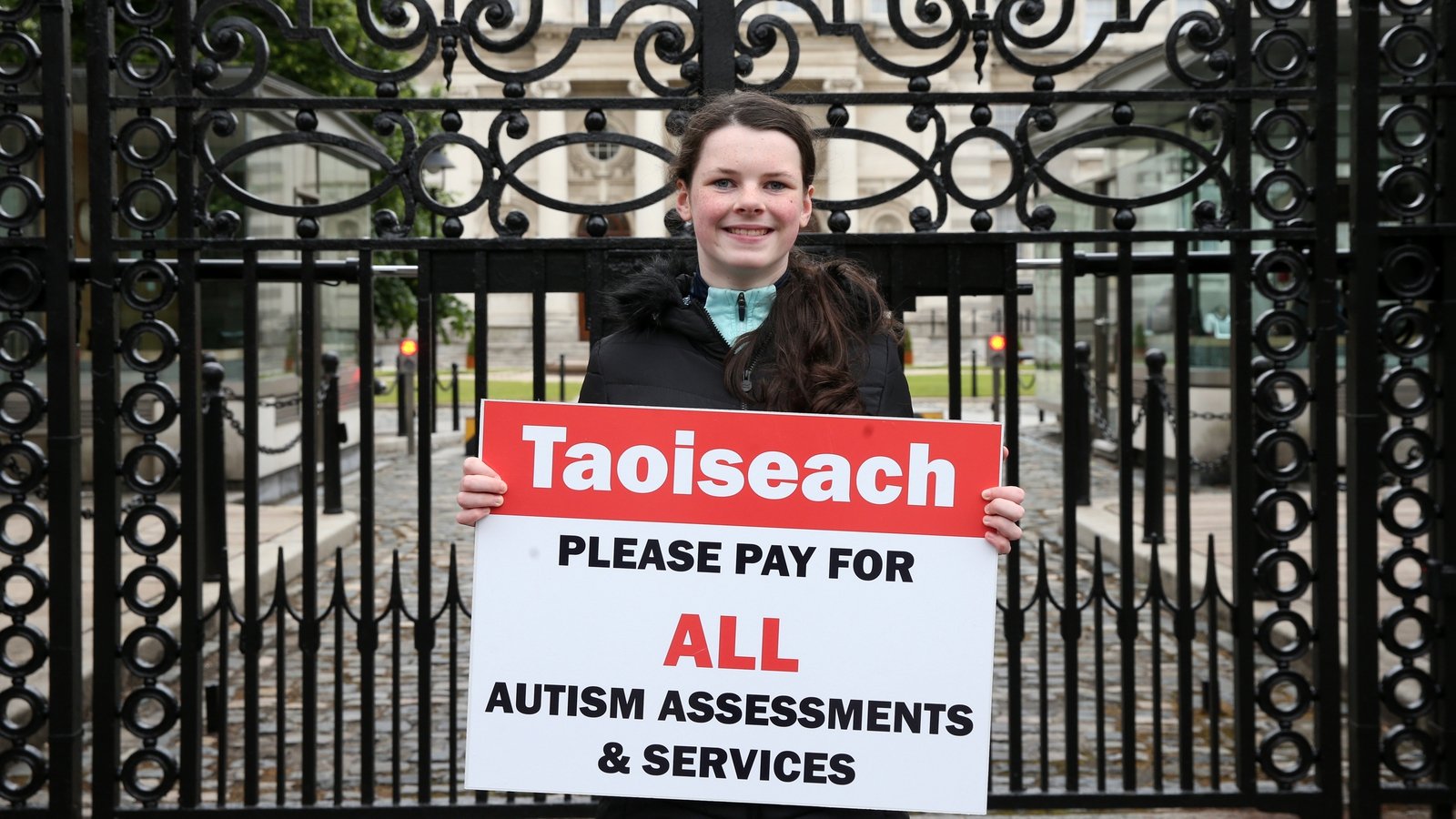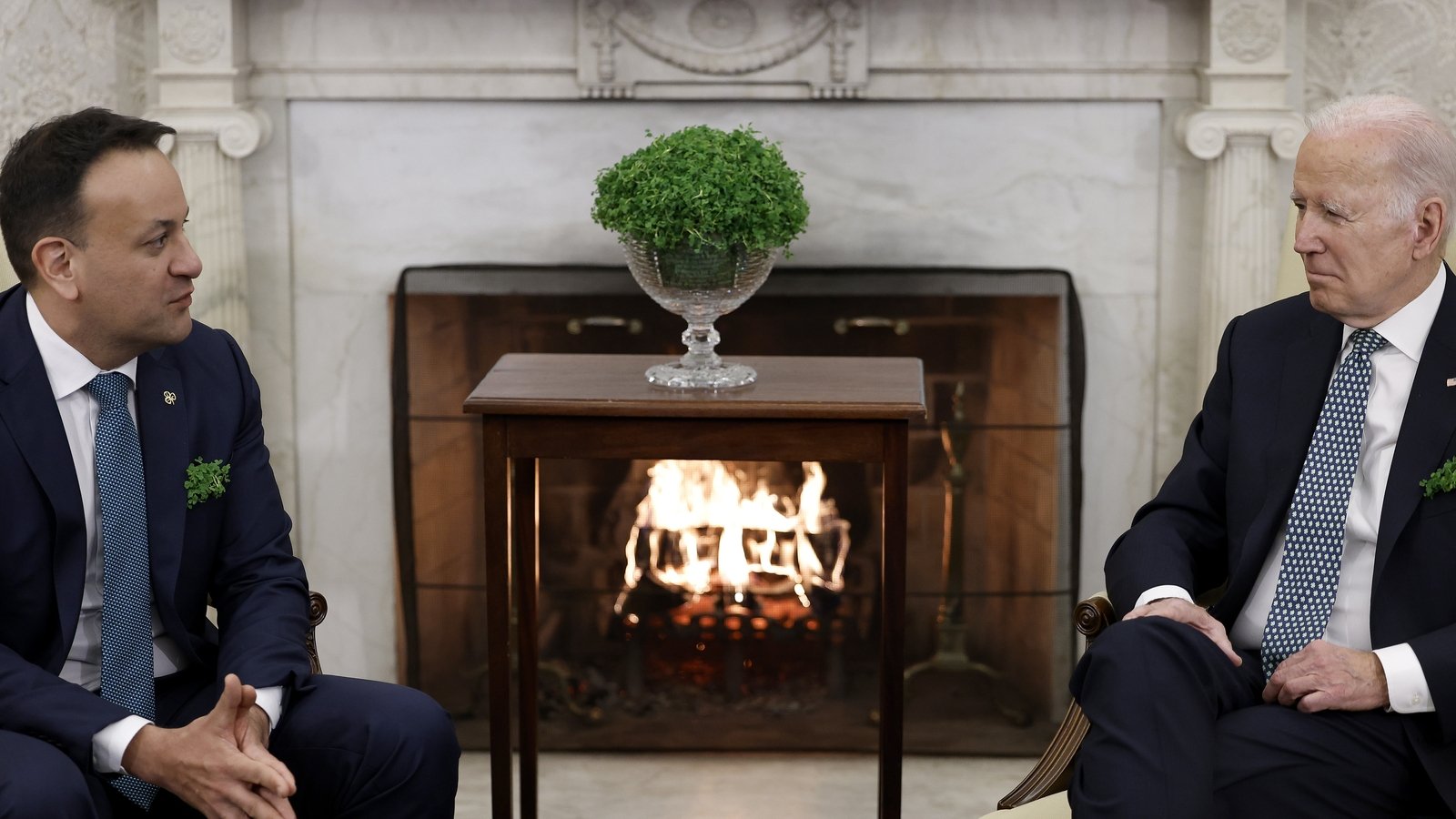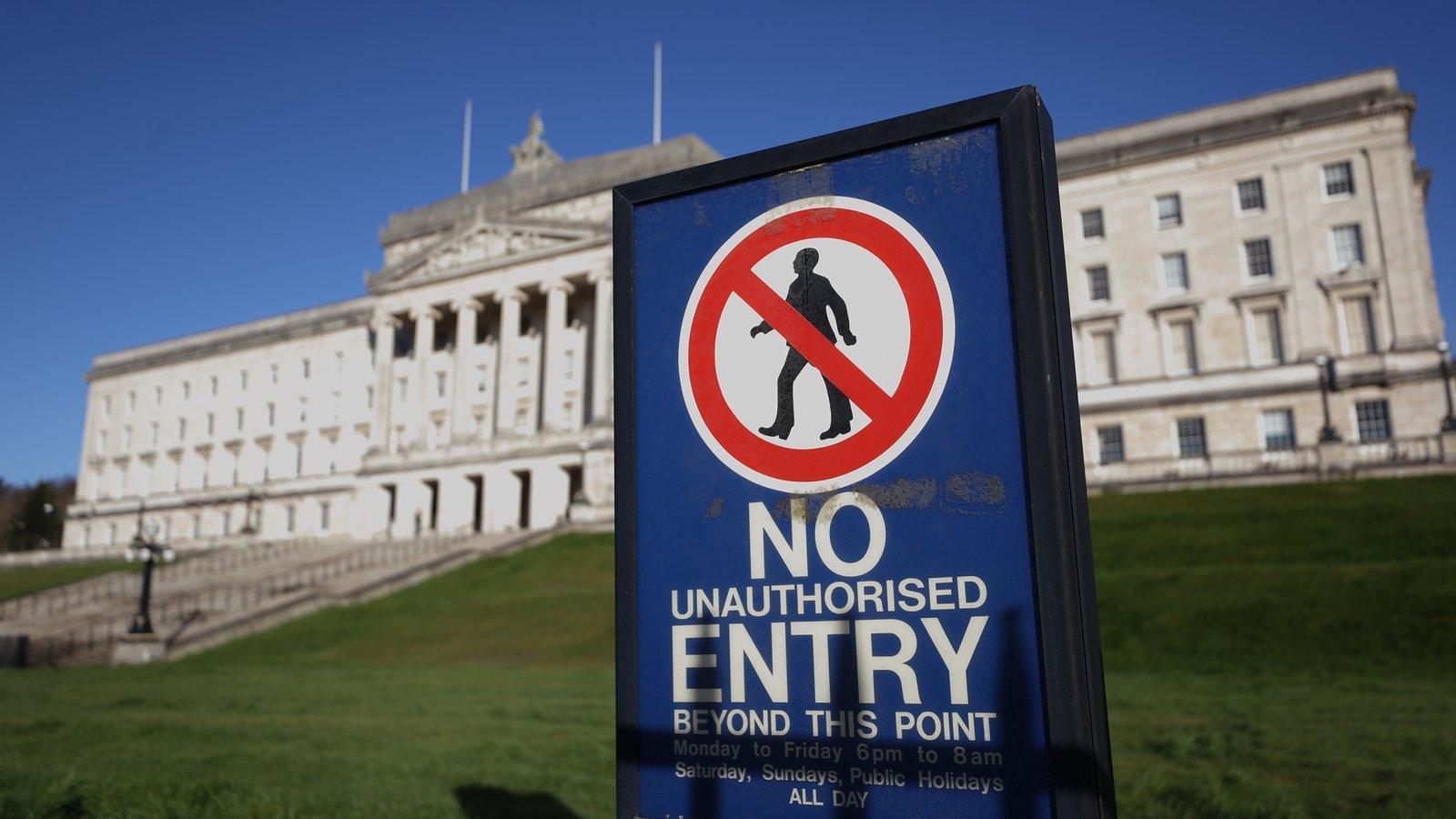WRC hears details of garda sexual harassment complaint
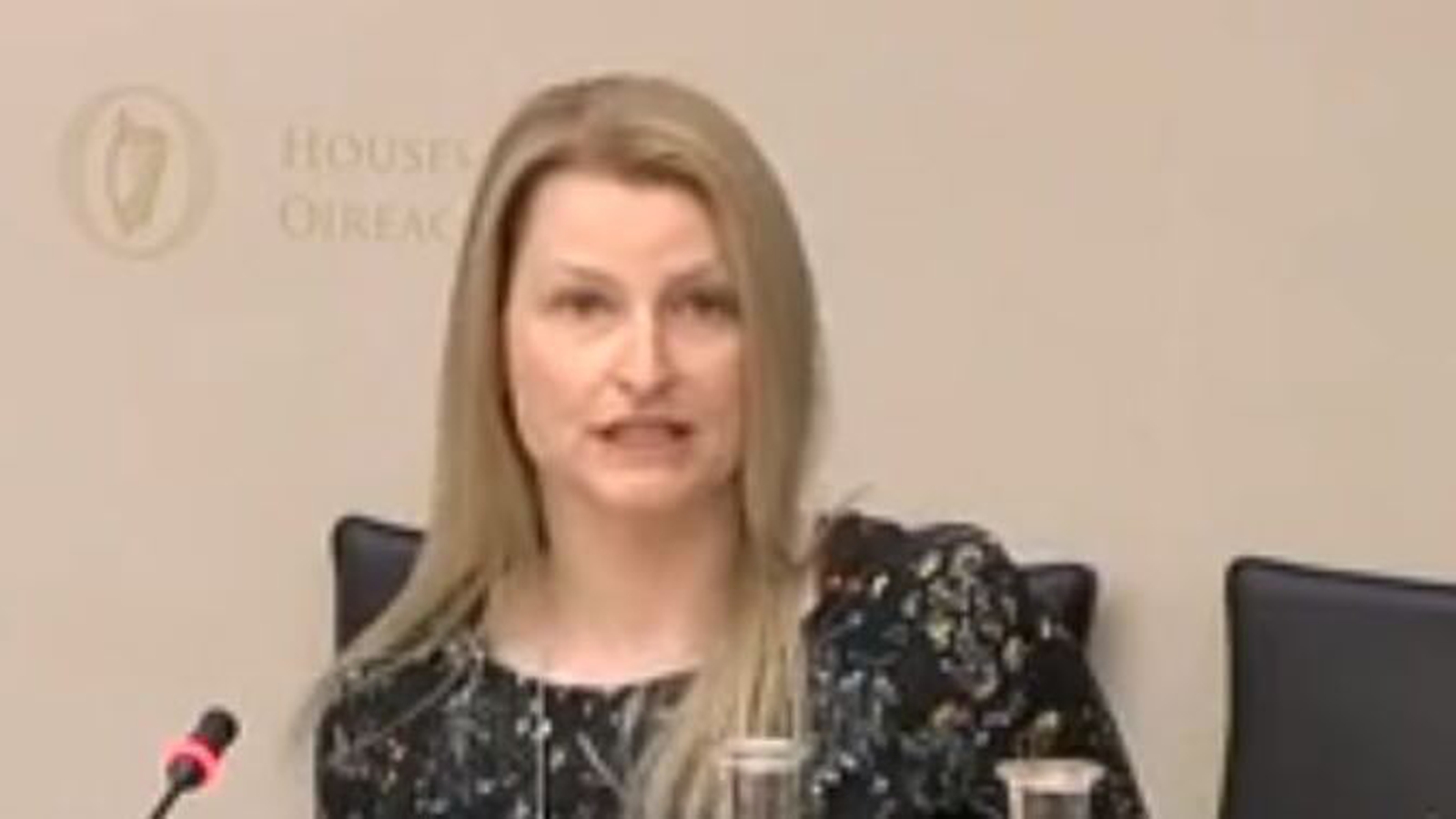
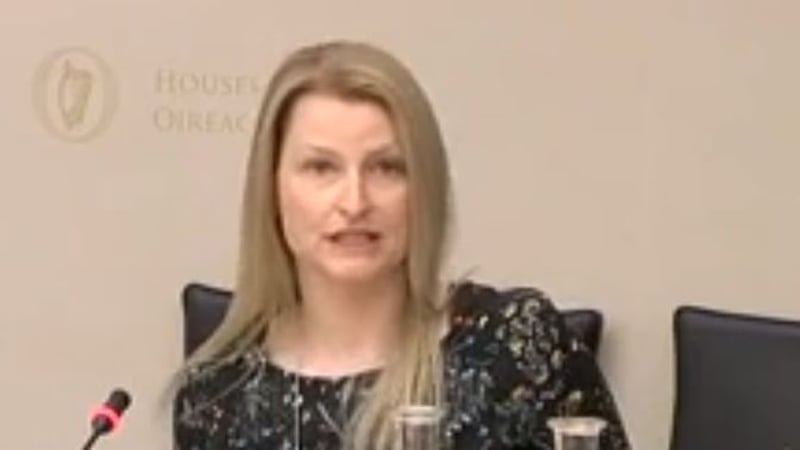
A senior garda analyst has told the Workplace Relations Commission (WRC) that a senior official at Garda Headquarters she has accused of sexual harassment told her he “was not garda-vetted” when he was hired and had “produced his own vetting material”.
“He was a threat to national security,” said Lois West, who claims her career was “stymied” in the wake of testifying to the Oireachtas about errors in the recording of official homicide data six years ago this week.
Ms West, who is on extended sick leave as deputy head of the Garda Síochána Analysis Service (GSAS), further alleges that the force mishandled her complaints about being exposed to bullying and sexual harassment by the senior official in question, leaving her on extended sick leave with no income.
The State denies her claims.
Continuing her evidence today, Ms West said she could not “stand back and allow” the senior official to set up a system that she said would have involved certain sensitive material being stored on a computer system which would be “supported by his mate” in another jurisdiction.
Ms West concluded her primary evidence and went into cross-examination today, the third day of a WRC hearing into her complaints under the Protected Disclosures Act 2014, the Safety, Health and Welfare at Work Act 2005 and the Payment of Wages Act 1991 against the Commissioner of An Garda Síochána, the Government, and the Minister for Public Expenditure and Reform.
“[The senior official] told me he was not garda-vetted; he produced his own vetting material. This man was capable of anything. Nobody knows who this man is. Where is he now?” she said.
“He was a threat to national security, a threat to my safety, [and] a threat to my team’s safety. Who helped me when I was clearly crying out for help?” she added.
The press is forbidden from identifying the senior official accused of this conduct by Ms West by order of the tribunal.
Handwritten notes
The WRC has heard that handwritten notes were taken when Ms West was interviewed on her complaints about the official by An Garda Síochána’s former executive director of strategy and transformation, David Gilbride. The adjudicator, Roger McGrath, ordered the notes be produced and Mr Byrne put the contents to the complainant this morning, saying he had only received them late on Tuesday evening.
Quoting from the notes, Ms West’s barrister, David Byrnes BL, referred to a discussion on a social media policy for GSAS in which he said the senior official, upon being informed of Ms West’s disapproval, responded: “Oh yeah, find someone who has a hard-on for that kind of stuff.”
“I’m not sure I need to hear more,” said Mr McGrath, intervening.
State counsel Lorna Lynch SC, noting the presence of the press at the hearing, questioned the “salaciousness” of the evidence being led and raised concerns about the length of time Ms West’s primary evidence had taken so far.
“We would have gone through this yesterday if we had it. It’s not our fault – it’s the respondent’s omission,” Mr Byrnes said.
Continuing to quote from the notes, counsel said Ms West had told Mr Gilbride of the senior official at the centre of the complaints telling her while they were alone in a room: “I want a blonde with big tits, but that’s never going to happen.”
In response, Ms West told the hearing: “It was very clear to me at that point in time – I don’t use vulgar language – that the blonde with big tits was a direct reference to myself.”
Cross-examining Ms West, Ms Lynch put it to her she had only been working directly with the senior official for “about five weeks” and that there had been “a relatively short period” between her complaint and the man’s resignation. Ms West said that was correct.
Counsel also said the former Garda chief information officer, Andrew O’Sullivan, would contradict Ms West’s account of various encounters following her one day back at work in February 2021. Ms Lynch said that Mr O’Sullivan had only been seeking information when he sent her a registered letter over a “mix-up” with the appointment.
“In that communication he doesn’t make an allegation, but you perceived it in that way. That is something that applies throughout this case, particularly in relation to Mr O’Sullivan’s communications, but that was not what was said in the documents or intended,” Ms Lynch said. “You can disagree – it was your perception of what that letter meant,” she said.
“Yes,” Ms West said.
Ms Lynch also said Ms West had been unhappy with the promotion of her colleague, Sarah Parsons, to principal officer grade as head of GSAS.
“It was the circumstances I took exception to, not Ms Parsons’ appointment,” she said.
‘Set up to fail’
Ms West had said in her evidence she felt she was being “set up to fail” later because a principal officer post at GSAS she had previously believed would be an internal appointment was advertised publicly.
Ms Lynch put it to the complainant the job was one of a dozen Mr O’Sullivan was recruiting for at the time and that he had been advised to advertise openly for the roles for reasons of “transparency”.
“That’s what he’ll say,” Ms West said.
“Contrary to your perceptions that these steps were taken in retaliation for a protected disclosure, or were in any way linked, as a matter of fact that is not the case and [the post] was one of 12 filled on that basis,” Ms Lynch said.
Ms West has now concluded giving evidence after spending over 12 hours under questioning this week. The hearing is continuing this evening.


